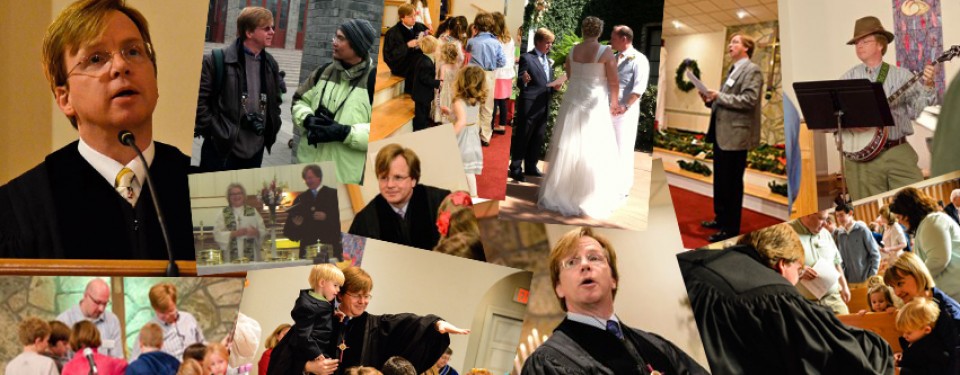Those who seek to minimize the Christ in their Christianity do so out of a conviction that we must not offend, and must not intimidate (through “churchy” language and ritual) those who are looking for a touch of the divine in their lives. This is a worthy impulse, but we must be careful to not allow such thinking to seduce us into creating a faith for ourselves that is inoperative and unchallenging.
 Rev. Heath is absolutely right in her recent article in Christian Century entitled “On Throwing the Baby Jesus Out with the Bath Water”: we need to keep the “Christ” in our Christianity.
Rev. Heath is absolutely right in her recent article in Christian Century entitled “On Throwing the Baby Jesus Out with the Bath Water”: we need to keep the “Christ” in our Christianity.
In my view, the tradition that has been passed down to us, combined with the teachings and example of Christ and others as found in the New Testament and elsewhere, forms a foundation or framework for our faith: denying, minimizing, or casting aside that framework really would leave our faith “rootless” as many Evangelicals often (erroneously) label we who are Progressive Christians.
Christianity is not about supplying all the answers or enforcing a rigid set of doctrines and laws to live by. Jesus preached against exactly that sort of thinking and practice in the First Century, and it doesn’t work any better now than it did then. (And, frankly, doing so has never worked well.)
On the other hand, our faith isn’t just about making us feel good about who and where we are at the moment, either: Yes, we are to love and accept ourselves and each other as we are right now, but we are called to continually seek to do better, not simply accept what is.
Keeping Christ in our faith is challenging, and should always be so: if our faith is not challenged, if it is not continually being refined in the tension of this place we exist that lies between what was and what is to come, then our faith would be fruitless and meaningless. It would simply be a rationale for accepting things as they are, rather than challenging us to become better: to become more just, more thoughtful, and more compassionate.
Continue reading “Keeping the Christ in Christianity”
 A couple of weeks ago I woke up to find snow covering the ground outside our bedroom window. But there were warmer temperatures in the day’s forecast, I was concerned we’d soon have a thick layer of slush outside. And frankly, my snowblower is not terribly useful in slush! So I hopped right out of bed, taking care that my sleeping sweetheart, who’d been up a lot the previous night, was undisturbed, and ran to the front door.
A couple of weeks ago I woke up to find snow covering the ground outside our bedroom window. But there were warmer temperatures in the day’s forecast, I was concerned we’d soon have a thick layer of slush outside. And frankly, my snowblower is not terribly useful in slush! So I hopped right out of bed, taking care that my sleeping sweetheart, who’d been up a lot the previous night, was undisturbed, and ran to the front door.
 Rev. Heath is absolutely right in her recent article in Christian Century entitled
Rev. Heath is absolutely right in her recent article in Christian Century entitled